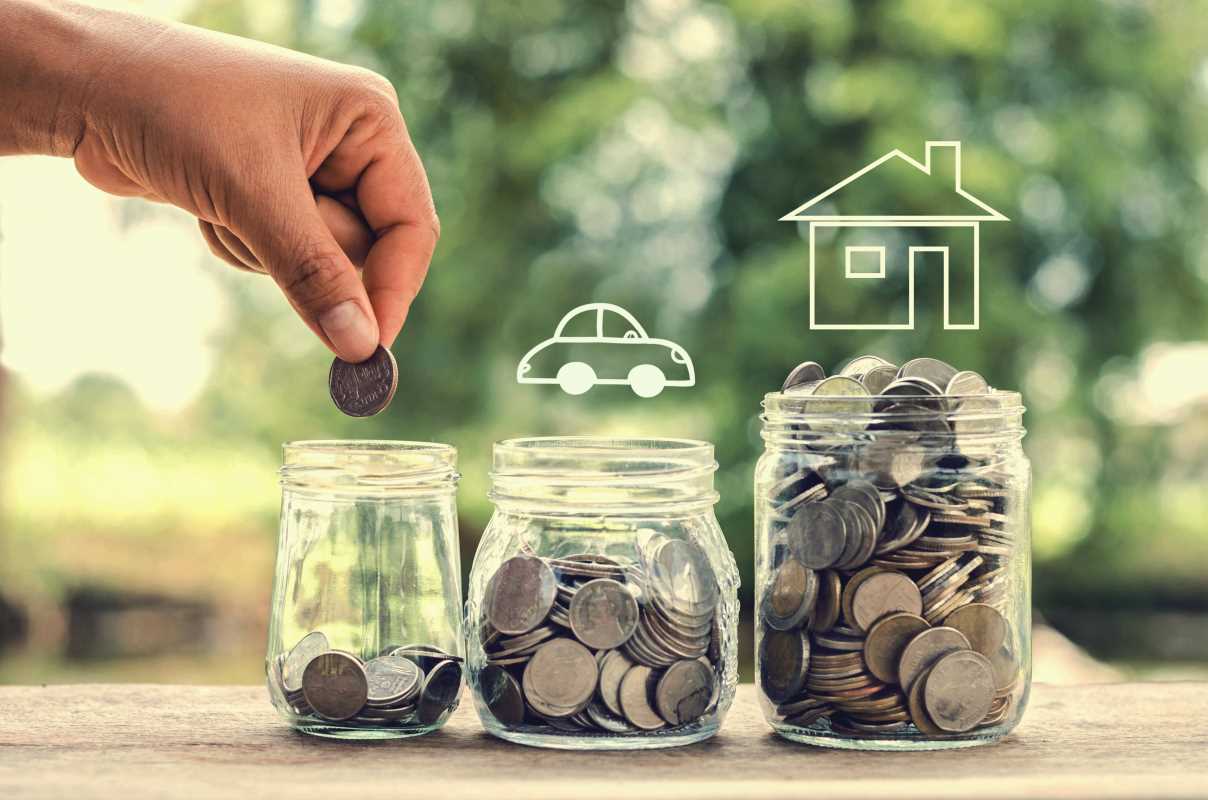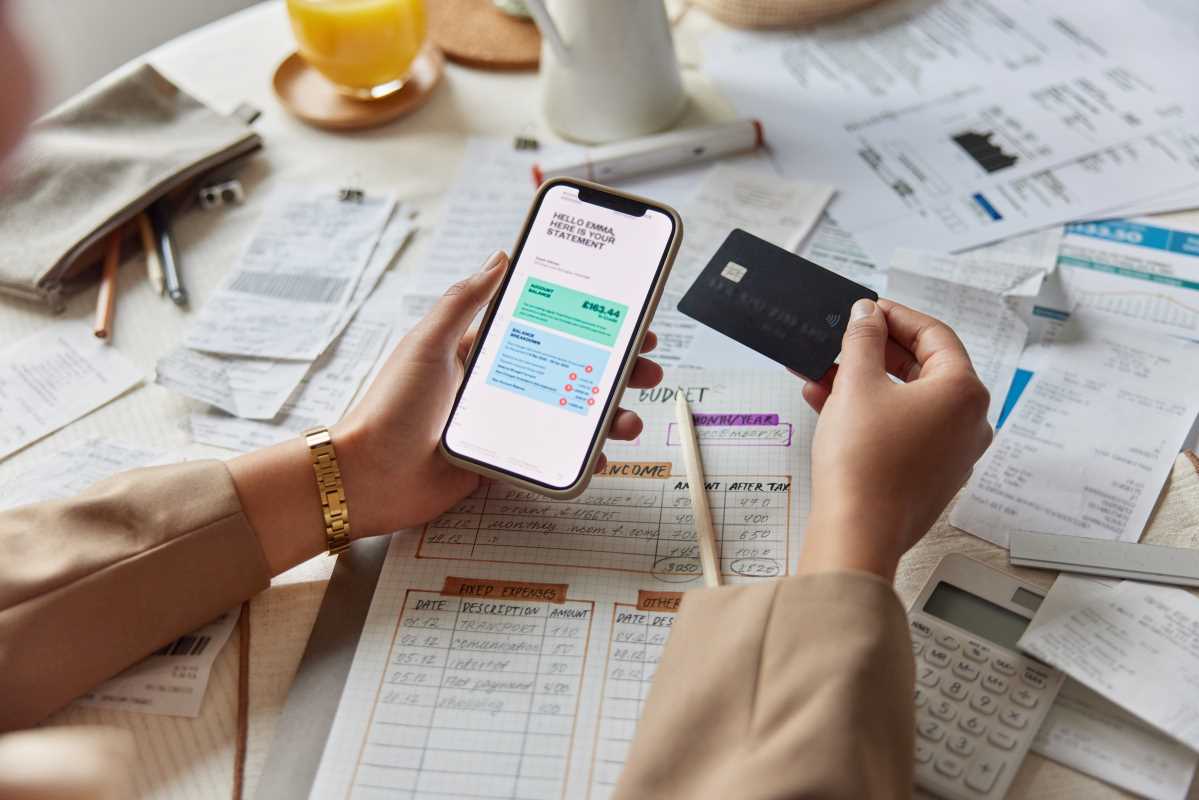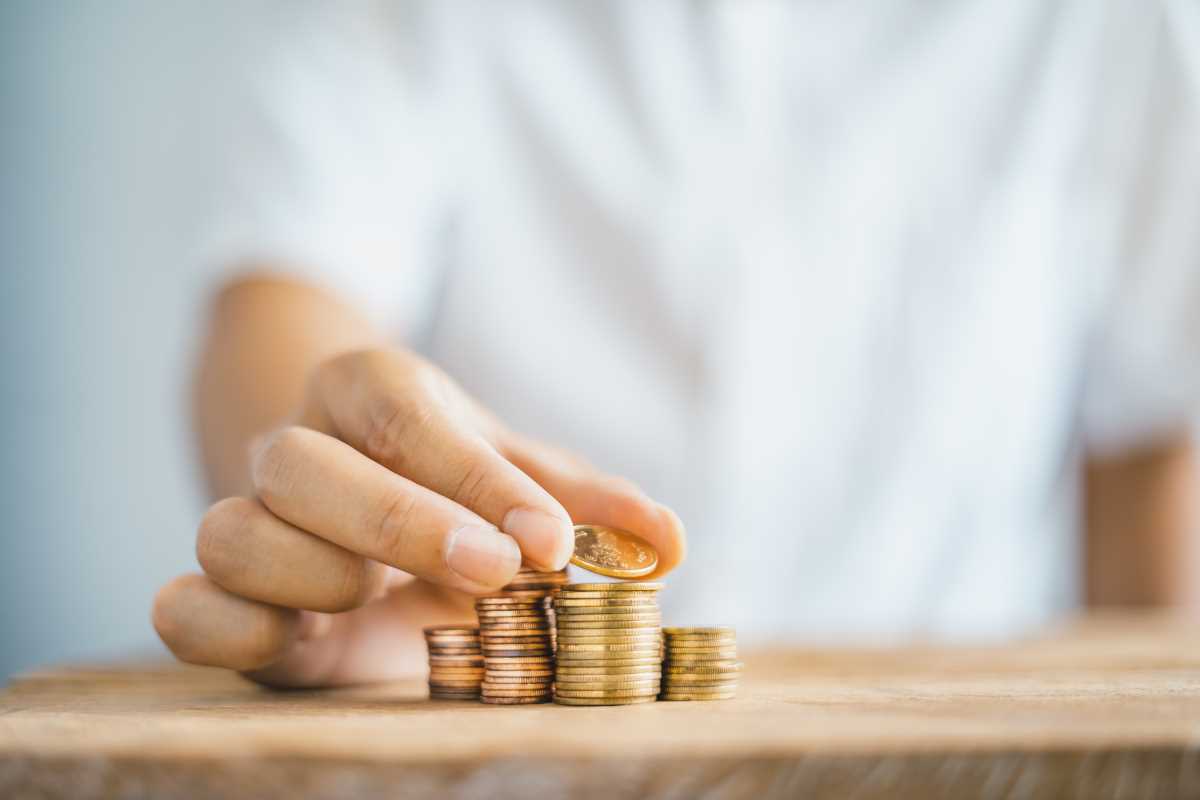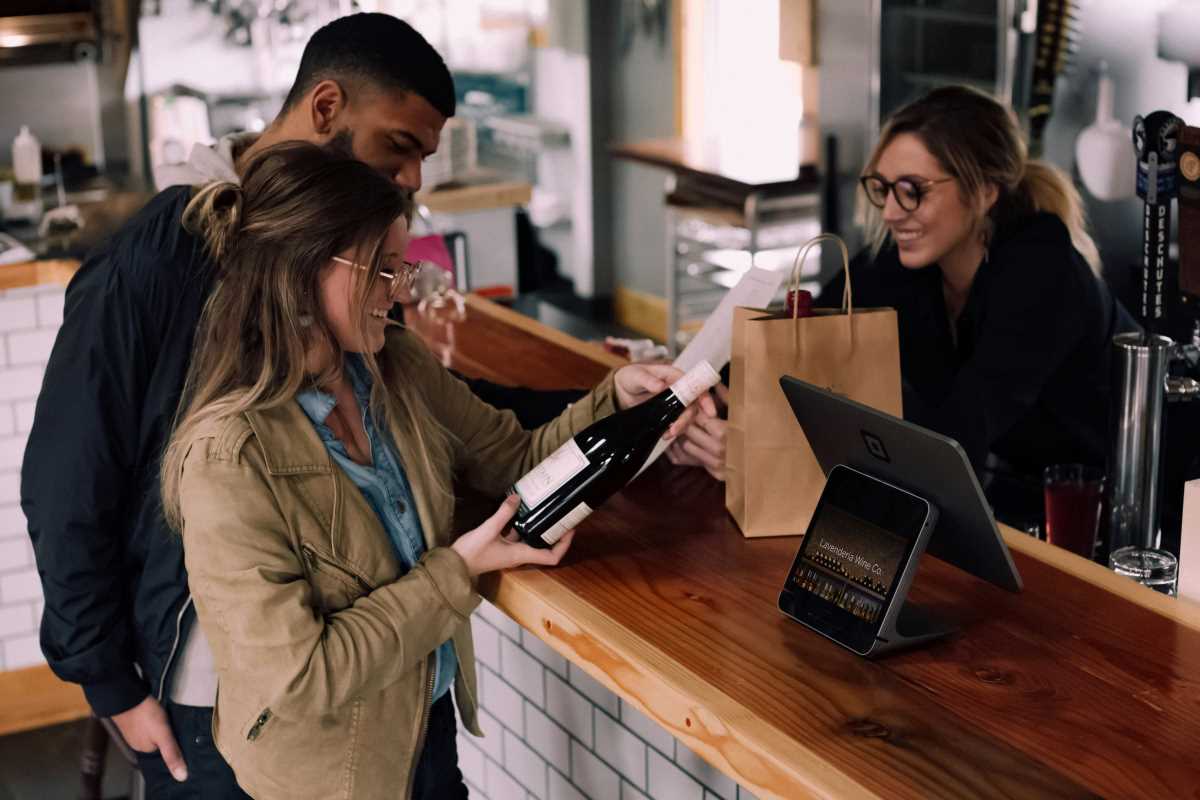When you think about spending money, what comes to mind—buying a new phone or going on a weekend trip with friends? For a long time, society has told us that owning things like the latest gadgets, a fancy car, or designer clothes is a sign of success. But more and more people are realizing that experiences—like traveling, concerts, or simply spending quality time with loved ones—can actually bring more happiness. And not only that, they might be better for your wallet in the long run, too.
In recent years, there’s been a shift in how people view spending. Instead of filling their homes with stuff, many are choosing to create memories. This trend isn’t just about enjoying life more—it also has real financial benefits. While it may seem like experiences are more expensive up front, they often offer better value, more lasting satisfaction, and even fewer hidden costs than material possessions. In this article, we’ll explore why choosing experiences over things can make both your heart and your bank account a little happier.
Why Experiences Often Bring More Lasting Happiness
Let’s start with how experiences affect our emotions. Studies in psychology have shown that we tend to get more long-term satisfaction from experiences than from buying things. When you buy a new phone or outfit, it feels exciting at first—but that feeling usually fades quickly. You get used to the item, and before you know it, it just becomes another part of your everyday life.
On the other hand, experiences tend to stick with us. Whether it's a fun road trip, a family vacation, or a cooking class you took with friends, these memories create stronger emotional connections. We remember the laughs, the sights, and the feelings we had. Even if something goes wrong—like missing a flight or getting lost—it often turns into a funny story later. That emotional payoff tends to last longer than the short-lived thrill of buying something new.
The Cost of “Stuff” Adds Up
At first glance, buying a new TV or pair of shoes might seem like a better deal than booking a vacation. But think about all the extra costs that come with owning more things.
For example, if you buy more clothes, you’ll eventually need more space to store them. That could mean buying a bigger closet, storage bins, or even paying for a storage unit. Owning the latest tech means dealing with upgrades, repairs, or replacing parts. Even home décor items collect dust, need to be cleaned, or end up in the donation pile.
Possessions also come with something called “opportunity cost.” That means when you spend money on one thing, you miss out on the chance to use that money for something else. If you drop $300 on the newest gadget, that’s $300 you can’t spend on a weekend getaway or a special dinner with family.
Experiences Can Be Budget-Friendly
Experiences don’t have to break the bank. In fact, some of the best memories can come from inexpensive activities. A picnic in the park, a game night with friends, or exploring a nearby town can be just as rewarding as a costly vacation. The trick is to focus on connection and enjoyment rather than price tags.
And even when experiences do cost money, they often include built-in value. Think about going to a concert. You pay for the ticket, but you also get music, atmosphere, memories, and time with friends—all wrapped into one event. That kind of return is hard to beat with a physical purchase.
Experiences Rarely Go Out of Style
Fashion trends come and go. Phones and tech gadgets become outdated. Furniture wears down and decorations fade. But experiences don’t age the same way. A great story from a trip or a special moment shared with loved ones stays fresh in your memory, no matter how much time passes.
This is important financially because it means you’re not constantly chasing the next best thing. When you focus on experiences, you’re less likely to fall into the cycle of always needing to buy more or upgrade. That can save you a lot over time.
Social Value and Shared Joy
One of the most overlooked benefits of spending on experiences is how social they are. Experiences often bring people together—traveling with family, cooking with your partner, or seeing a live show with friends. These shared moments strengthen relationships and make your life feel richer.
Interestingly, people also tend to enjoy talking about experiences more than possessions. You're more likely to hear someone say, “Remember that time we hiked to the top of that mountain?” than “Remember that shirt I bought five years ago?” Talking about experiences brings joy all over again, and that can be more satisfying than showing off a purchase.
Less Clutter, Less Stress
From a financial and mental health angle, owning fewer things can actually lead to less stress. Clutter in the home has been linked to feelings of anxiety and overwhelm. More stuff means more cleaning, organizing, and managing.
By choosing experiences, you avoid adding to the mess. You also don’t have to worry about something breaking, getting lost, or losing value. Your memories don’t need a shelf or a maintenance plan—they just need space in your heart.
A Shift in Financial Planning
When you start focusing on experiences, your budgeting habits may change too. Instead of setting aside money for a new gadget, you might begin a “travel fund” or start saving for a once-in-a-lifetime event. This shift can make budgeting feel more exciting, because you’re working toward something that will enrich your life rather than just fill your home.
Over time, you may even find that you need to spend less. Since experiences bring lasting satisfaction, you’re not constantly searching for the next thing to make you happy. That can lead to smarter spending and even more savings in the long run.







